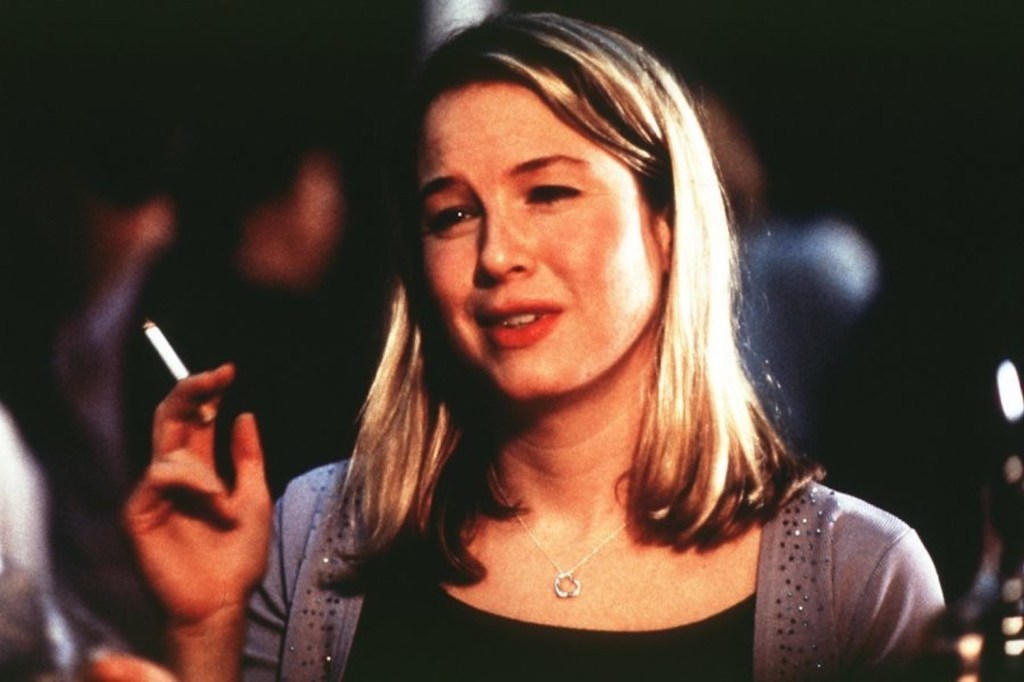Halfway through the 2009 film He’s Just Not That Into You, Drew Barrymore’s character Mary leans against a shelf in a pharmacy, complaining to Scarlett Johansson’s character Anna about some guy she fancies: “I had this guy leave me a voicemail at work, so I called him at home, and then he emailed me to my Blackberry, and so I texted to his cell, and now you just have to go around checking all these different portals, just to get rejected by seven different technologies – it’s exhausting.”
It’s a ridiculous quote, and an even more ridiculous film, but even so, I still find myself returning to it ten years later. If someone doesn’t message me back or takes ages to, I remind myself that unless they’ve been squashed by a passing lorry or developed amnesia, they’ll find a way to reach me. If not, they’re probably just not interested. The irony of learning how to process being ghosted by unavailable lesbians via the filmic bastion of straight culture is not lost on me, but therein lies the truth.
Videos by VICE
Unfortunately, He’s Just Not That Into You is not the only rom com I grew up loving and still love. I cackled my way through Bridget Jones’ Diary 1, 2 and 3 and can quote the script of 10 Things I Hate About You. I still hate-watch 500 Days of Summer, and I don’t know if this counts, but my favourite scene from one of my favourite films Marie Antoinette is when she has an affair with that fit Swedish Count and basks in the afterglow to the soundtrack of “What Ever Happened” by The Strokes. When she lays back on her four poster bed, clutching her chest and smiling weirdly to herself, I feel it every time.
But despite all the things I lowkey love about rom coms – their easy familiarity, their warm buttered toast nostalgia, the romance! The laughs! – watching these films as a queer person can be a strange, bittersweet experience. The structures that sit at their very core – the idea that gender is a rigid binary, that men and women are different species, that the ultimate prize is marriage and eternal monogamy, that you too may one day bump into The One when she walks into your bookstore (Notting Hill) or at your own wedding reception (The Wedding Singer) – can feel distant, almost alien, like peering into a parallel universe occupied by people who are adhering to a set of rules you can’t fully grasp.
Obviously the ideals and storylines in classic rom coms can be present in queer lives too – especially today. There are plenty of queer folk who prescribe to a more heteronormative lifestyle and plenty of straight people who don’t. And the tropes that rom coms propagate can feel out of reach for many, regardless of orientation. The genre has always been majority white, at least in the mainstream (Soraya Roberts wrote a brilliant longread on how black rom coms have been culturally segregated), fat people are often crammed into the label of ‘funny’ or ‘best friend’ and trans and non-binary people are essentially non-existent. In other words, the very essence of rom coms are reliant on narrow conventions – like old fairytales, but with Jennifer Anniston as the constant lead.
On the queer side, at least, things seem to have improved in recent years. Love, Simon and Alex Strangelove were two of the most talked about rom coms of last year, and both centred gay characters. LGBTQ films in general have experienced a massive renaissance in the past half-decade or so, and I’ve already written about the ways in which lesbian culture has steadily infiltrated TV, film and music (thank you Jesus). But none of this really makes up for the fact that we have this long list of classic rom coms that have formed the bedrock of genre, that we still love today, that are funny and quotable and deeply, deeply heterosexual. That’s just the way it is.
And so, here is the catch of loving classic rom coms when you’re queer. On the one hand, my idea of a good night is slowly dunking potato smilies into ketchup while silently sighing when Emma Thompson opens the Joni Mitchell CD in Love, Actually, or enjoying the idea that Kate Winslet’s gorgeous cottage is supposed to be awful in The Holiday. But on the other, when it comes down to it, lives like mine are completely invisible in films like these. They always have been. And while that doesn’t diminish my enjoyment, it can also feel lonely, in a much larger sense, and in a way that feels harder to describe.
It would be cool to see more queer rom coms in general – especially ones starring Kristen Stewart, I have to say. When only 36 percent of young people identify as ‘exclusively heterosexual’, it makes sense that kids should grow up seeing lives like theirs reflected back at them on screen. That doesn’t mean I’m never going to watch He’s Just Not That Into You and quote it back verbatim. I just want to be able to do so with some funny queer films too.
More
From VICE
-

(Photo by Max2611 / Getty Images) -

Screenshot: Bethesda Softworks -

Screenshot: Shaun Cichacki -

Getty Images/Peak Design
